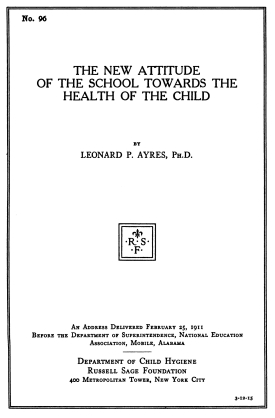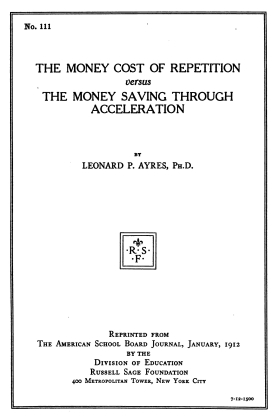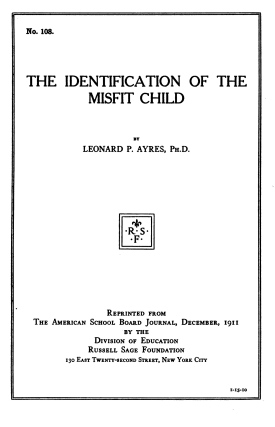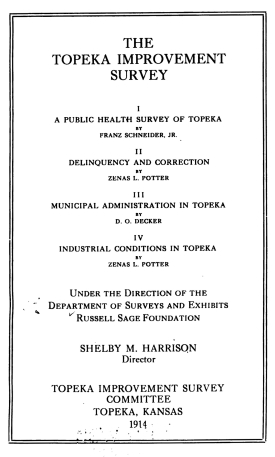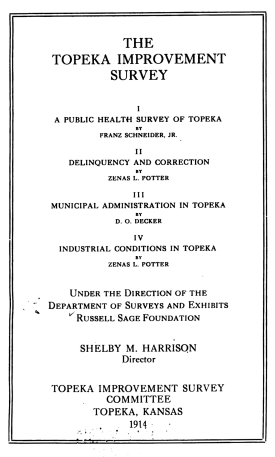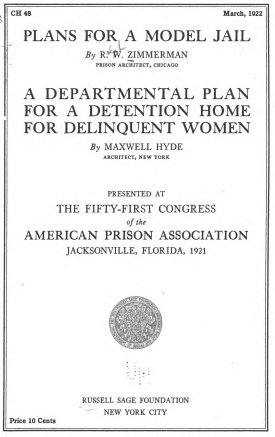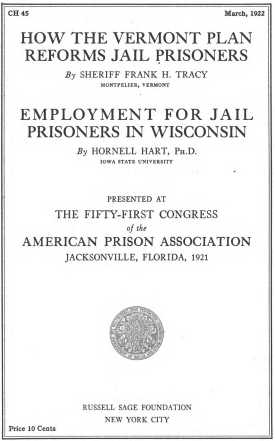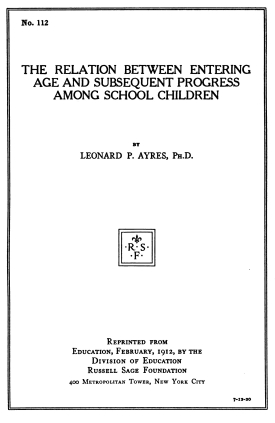
The Relation Between Entering Age and Subsequent Progress Among School Children
About This Book
This 1912 article presents data on the relative progress of children who enter school at each of the ages between five and ten years, based on an investigation for the Board of Education of New York City in 1908.
LEONARD P. AYRES was director of the Division of Education at the Russell Sage Foundation.

